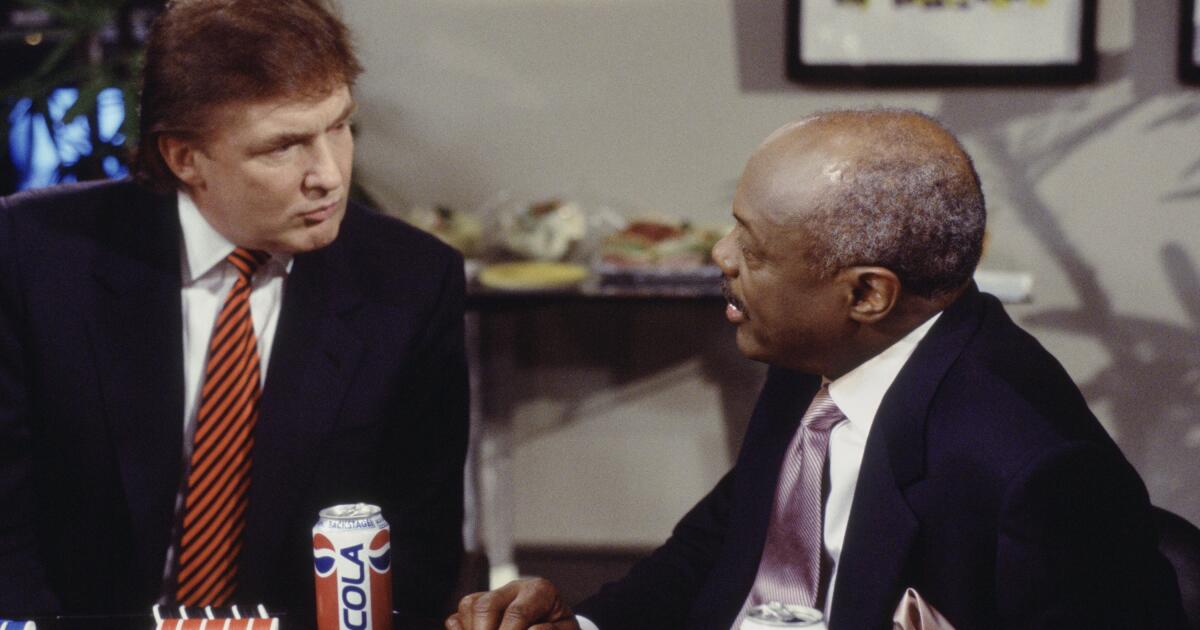Fertiliser co-operative Ravensdown is closing one of its three manufacturing plants as it grapples with dropping sales.
The co-operative forecasts that ongoing lower volumes will drive contraction of the fertiliser industry in the foreseeable future and, as such, targeted efficiency gains for the business will continue.
Ravensdown chief executive Garry Diack says with lower demand, it has more manufacturing capacity than required across its three manufacturing sites – Dunedin, Napier and Christchurch.
“Yesterday we met with employees at our Ravensbourne manufacturing plant in Dunedin to let them know we will shortly be consulting with them on a proposal to cease our manufacturing operations there and continue operations as a port store and distribution centre only,” says Diack.
The proposal does not impact manufacturing operations in Napier or Christchurch.
Diack says no decisions will be made until employee consultation is completed and any outcome is intended to be communicated by the end of September.
“We have also commenced a market valuation and partial divestment of our Lime assets and expect to be in a position to confirm further details in the coming weeks.”
Ravendown announced its annual results today, with an operating surplus of $27.4 million before impairments for year ending May 31, 2024.
After full year impairments the co-operative delivered a profit before tax of $4.8 million.
A persistently tough operating environment for New Zealand farmers and growers and the wider agricultural sector saw a continuation of lower fertiliser volumes across all farm types.
Sales volumes of 891,000 metric tonnes were down 0.4% compared to the previous financial year and remained significantly lower than the 21/22 financial year when Ravensdown reported volumes of 1.2 million metric tonnes.
Diack says the co-operative worked hard to deliver competitive pricing throughout the year, with farmers spending 20% less than last year, and marginally less fertiliser sold. This was reflected in a revenue drop of $186 million, to $739 million.
“We have been deliberate in our intent to provide the best possible price for our customers in a year when their discretionary farm expenditure remains under pressure.
“Equally we have maintained a strong focus on the core strength of the business in terms of cashflow, value, and profitability to ensure a sound and sustainable service, and ongoing investment for our shareholders.”
Positives were inventories at year-end reduced by $57 million to $150 million, debt reduced by 41% to $76 million, and relatively flat operating costs in a strong inflationary year.
While balance sheet equity has lifted to almost 80%, Ravensdown chair, Bruce Wills, says this level of profitability in an ongoing low volume environment means the co-operative cannot pay a shareholder rebate this year.
“In these volatile times, it is reassuring to our shareholders that we have increased the strength of our balance sheet, but it is prudent to continue to conserve funds.”
Ravensdown results
The year at a glance 2023-24: numbers for 2022-23 in brackets
Total revenue: $756.8 million ($977.5 million)
Net profit from continuing operations before impairments and taxation: $27.4 million ($5.9 million)
Net profit from continuing operations after tax: $2.8 million ($2.9 million)
Operating cashflow: $127.5 million ($59.2 million)




















